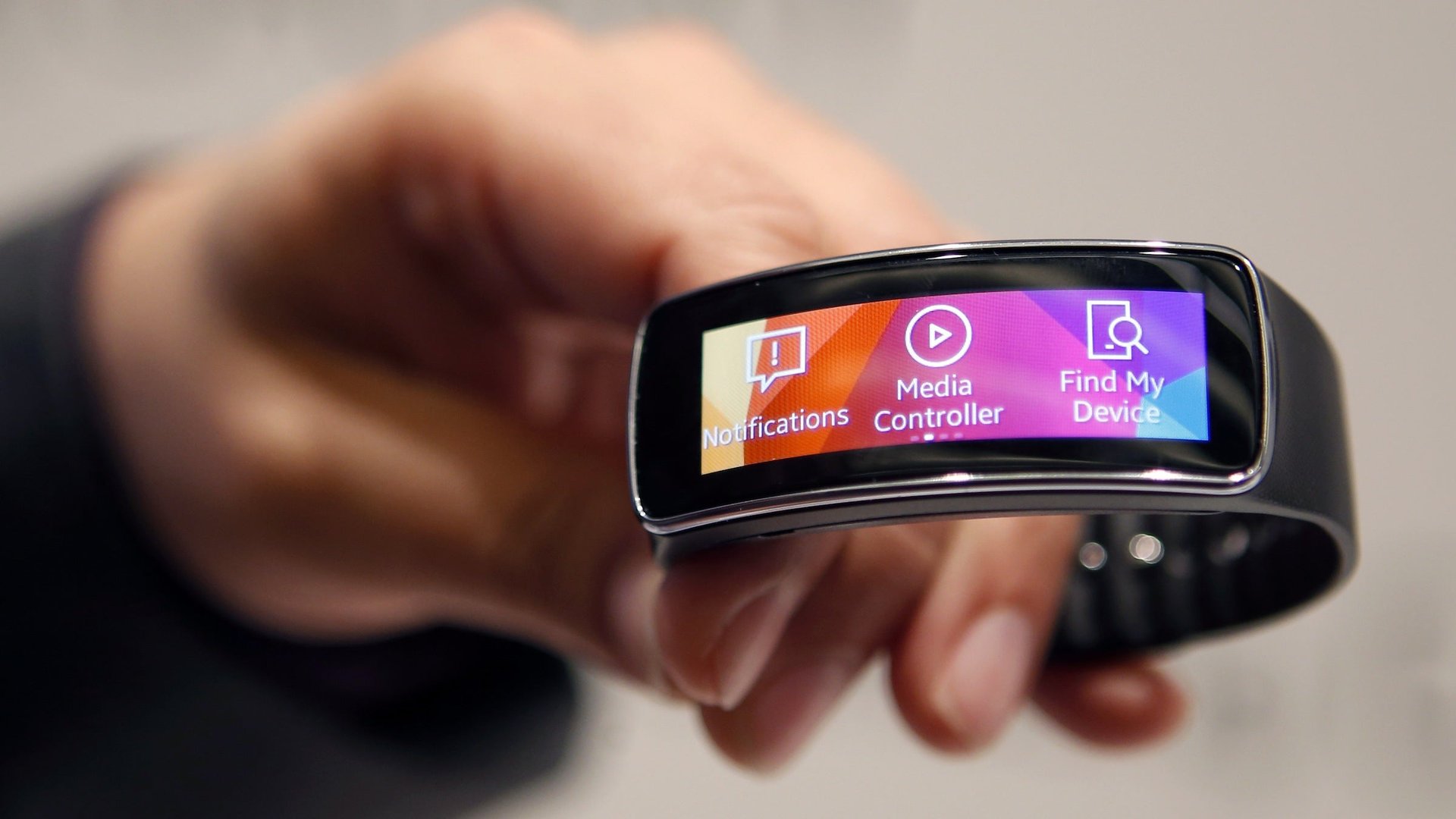Samsung is becoming a drug firm, and the drug firms should watch out
Electronics giant Samsung recently announced a foray into big pharma. The South Korean company is set to invest over $2 billion into biopharmaceuticals—drugs developed from biological sources (e.g. vaccines or gene therapies) as opposed to traditional chemical cocktails—with a focus on creating cheaper versions of existing therapies.


Electronics giant Samsung recently announced a foray into big pharma. The South Korean company is set to invest over $2 billion into biopharmaceuticals—drugs developed from biological sources (e.g. vaccines or gene therapies) as opposed to traditional chemical cocktails—with a focus on creating cheaper versions of existing therapies.
But cheapness won’t be Samsung’s only advantage. The company better known for its smartphones could also take advantage of the fact that the pharma industry has been slow to explore mobile health technology.
The biotech industry is expected to generate sales of more than $220 billion in five years, Bloomberg reports, and Samsung expects to be taking a $1.8 billion slice of the pie by that time. The company will start by copying Enbrel (an arthritis therapy by Amgen Inc.) and Remicade (Johnson & Johnson’s autoimmune disease treatment) in the next couple of years.
But Andrew Spong, a healthcare communication consultant who specializes in “socially-driven healthcare strategies,” writes on his blog that Samsung has fingers in more pots across the health ecosystem than any pharmaceutical company. The S Health app tracks your health data (including heart rate, which the new Galaxy S5 smartphone can measure using its built-in heart monitor) across multiple devices, and Samsung continues to develop wearable fitness gadgets like the Gear Fit (pictured above).
“Thinking beyond this relatively simple offering,” Spong writes, “A future that will arrive rapidly looks set to destroy the medical device industry. As more sensors and monitors are added to next generation Samsung models, the history of technological consolidation into single devices suggests to us that stand-alone medical devices will disappear. Why would people with T1 diabetes want to carry around a phone and a blood glucose monitor, for example? They wouldn’t, and one suspect they soon won’t be.”
Big pharma has largely ignored the possibility for app-enabled medical devices. Moreover, many consumers are wary of the industry’s focus on the bottom line. It’s likely that no one would want to offer up reams of health data to the companies that design their drugs. However, people trust Samsung as a brand, and are already growing accustomed to tracking and using their health data on mobile devices. With a foot in both industries, Samsung could be poised to create smart, innovative medical tech that’s designed to win over physicians, consumers, and regulatory agencies alike.